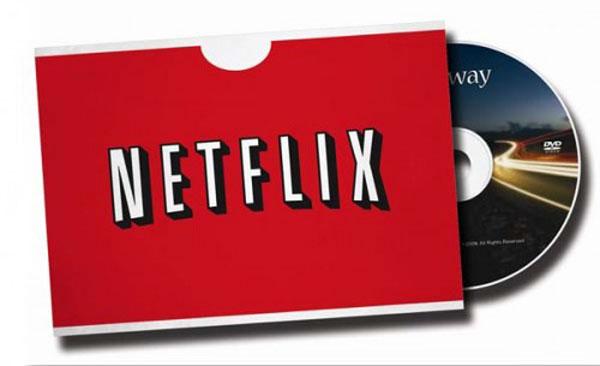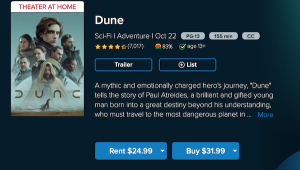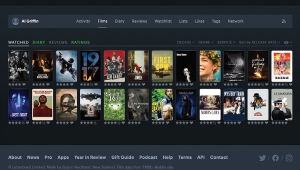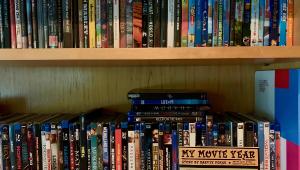What The Netflix Rate Hike Really Means

Prior to the announcement, $10 a month bought unlimited streaming from the Netflix online library plus unlimited DVDs-by-mail with one disc out at a timea fee reflecting a $2 premium to add discs on top of a $8 streaming-only option. That's now been replaced with a pair of a la carte plans at $8 each, one for unlimited streaming, the other for the same one-at-a-time disc-by-mail option. An existing $2 per month premium to upgrade DVDs to Blu-ray Discsthe much preferred format for home-theater enthusiastsremains in place. So the total price for both the streaming and disc services goes from $10 to $16 for DVDs, or from $12 to $18 for Blu-rays. Not surprisingly, the outcry among users was instant and loud; just visit facebook.com/cancel.netflix.
In short, Netflix blamed the rising prices on all the nostalgic saps who've either resisted video streaming or continue to heavily use the disc-by-mail method for other reasons (perhaps to fill gaps in the Netflix streaming library of the most current, desirable titles). According to recent news reports, Netflix has faced burgeoning content-licensing costs as content creators seek a bigger slice of the growing online-entertainment pie. Combine this with the failure of the Netflix user base to migrate more rapidly to a streaming-only model, and it means the people who still want discs will have to step up now and pay full freight, both figuratively and literally.
But what does all this really mean for those of us who love home theater? The conjecture is that the new pricing will dissuade people from electing the disc-by-mail option and push us even faster toward the streaming-only model that Netflix sees as its future. In my editor's column in the July issue of Home Theater, titled "The Rush to Mediocrity," I cautioned that the rapid adoption of streaming video by the mass market holds dangers for home videophiles, who more fully appreciate the vast improvement in picture and sound quality that Blu-ray offers over even the best HD streaming. With brick & mortar video stores now a scarcity, Netflix becomes a more critical source for Blu-ray rentals. So, if the disc-by-mail option goes away or becomes prohibitively costly before the streaming pipeline has a chance to expand and deliver the full experience of HD discs, people who take image and sound quality seriously could find themselves stuck watching more and more of less and less.
And I do mean less and less. Not only is our digital bandwidth for streaming not expanding at the rate it needs to for the highest quality playback, but it's actually shrinking in one important regard. Consumer broadband providers, notably AT&T, have begun stretching their resources in this brave new world by limiting the amount of data customers can download in a month before significant extra charges kick in. While the 150-gigabyte limit might seem like more than enough for the average household, which is said by AT&T to use about 18GB per month, by AT&T's own calculation that's only good for about 13 HD movie streams. And that's if you do nothing else all month. Not a whole lot of TV watching, I'm afraid.
Of course, in one sense, the Netflix rate hike is also an admission that, while you can lead a viewer to the streaming water, you can't make him drink. If the Netflix business model has to reflect that more people still want discs than originally anticipated, so be it. My advice: if you have to make the choice between a Netflix streaming or disc-rental plan, get yourself a Blu-ray player and stick with the physical media for now, enjoying both better selection and notably higher picture and sound quality.





























































